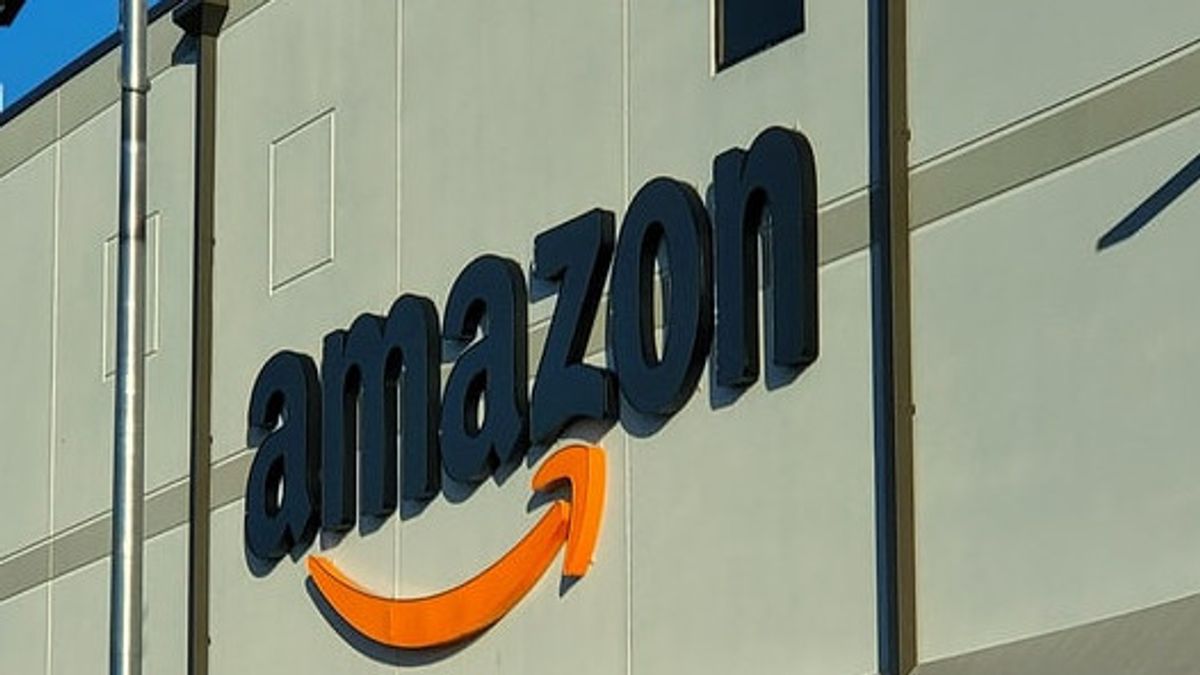JAKARTA - Amazon.com is seeking approval from US communications regulators to launch more than 4,500 additional satellites as part of the company's efforts to provide broadband internet to areas around the world that lack high-speed internet service.
Previously, Amazon has also said that it plans to spend at least $10 billion to build 3,236 such satellites, through its Project Kuiper program. Thursday evening, November 4th, they asked the Federal Communications Commission (FCC) for approval to launch a total of 7,774 satellites for the project.
On Monday, November 1, Amazon also requested FCC approval to launch and operate two prototype satellites by the end of 2022.
Amazon said in its filing that the satellite "will serve households, hospitals, businesses, government agencies, and other organizations around the world, including in geographic areas where reliable broadband is lacking."
"Although connectivity has improved globally, only 51 percent of the global population, and 44 percent of the developing world's population, are online," a source from the company filing said.
In 2020, the FCC approved Project Kuiper's plans for a constellation of low-Earth orbit satellites to compete with the Starlink network being built by Elon Musk's SpaceX.
Amazon's own party has argued with Elon Musk, recently accusing the billionaire of ignoring various government rules.
Amazon founders Jeff Bezos and Elon Musk are the two sides that continue to compete in the private space launch business. Bezos' Blue Origin has challenged the National Aeronautics and Space Administration's (NASA) decision to award SpaceX a $2.9 billion lunar lander contract. However, a US federal judge dismissed the lawsuit on Thursday, November 4. SpaceX alone has deployed more than 1,700 satellites for their broadband internet.
Earlier this week, the FCC also approved a Boeing Co application to launch and operate 147 satellites to provide high-speed broadband internet access.
Boeing first submitted to the FCC in 2017 for approval to deploy the V-band constellation of most low-Earth orbit satellites.
Boeing said this week that it "sees a multi-orbit future for satellite technology. As demand for satellite communications increases, diversity will be required across orbital regimes and frequencies to meet unique customer demands."
The English, Chinese, Japanese, Arabic, and French versions are automatically generated by the AI. So there may still be inaccuracies in translating, please always see Indonesian as our main language. (system supported by DigitalSiber.id)












